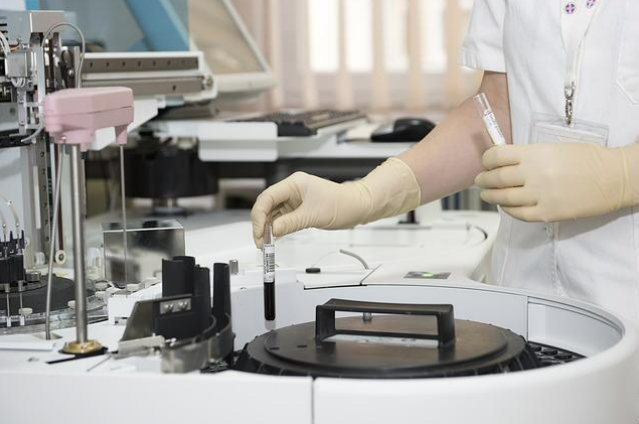
Introduction
They said by 2020 we would have flying cars. Though we haven’t got there yet, we still have more amazing inventions like Robots assisting in surgeries, Portable kits which can even detect viruses in our body, and most importantly, we have 24/7 available health care facilities at our fingertips.
All this might have sounded impossible 30 years ago. but here we are in the modern era where we can get a complete diagnosis through a few clicks on the phone. This post tries to explore how this change has revolutionised the world and what more can be done in the future.
Has technology changed the healthcare system or is it just a myth?
In the early days, it would have been a long process for doctors to identify the patient’s disease and diagnose it the right way. they had to first conduct every test they saw which might have caused the symptoms and that in itself was a lengthy process. After the advent of technological advancements, all these processes are now very quickly done. Using Artificial Intelligence, we can also predict the disease based on symptoms alone which saves a lot of time for Doctors. These days medical instruments reach every corner of our body, collecting the very last bit of information.
In the early days, when people wanted to become doctors, they had to get a lot of in-person training and shadow a lot of real doctors to understand how to work like a doctor and then get to actually work. This would take up a lot of time for aspirants as they have to spend most time transferring knowledge into them. In modern days, the Internet provides a lot of theoretical knowledge and AR/VR devices simulate in-person training which can simulate all kinds of scenarios which are rare/ never possible in real life. This also improved doctors’ quality over time as they are more experienced with handling unknown cases.
We don't really appreciate the value smart wearable technology has provided us. There was a case where an apple watch detected that a person fell down due to an accident. It can also monitor our heartbeat, and sleep cycles, some other devices detect sugar levels, BP levels, and many other useful metrics which dictate our health.
We must be glad that we are living in a world where we can recover from almost any disease and almost any severe injury. Thanks to technological advancements in the healthcare system, we need not just depend on good luck to be saved.
The future of
health care system
The robots are gonna take over us? Will all doctors lose their jobs? Will every human have a chip embedded in their head? Will we never have any disease ever again? Fortunately, the answer to every question is NO. The human species evolves continuously and the genes and DNA keep mutating we might change in appearance and features but we can never attain immortality. Future healthcare will definitely solve more problems, but we will always discover new diseases, new viruses, and new problems to deal with.
Conclusion
So after some years we can completely cure any disease? Well, sorry to burst your bubble but no matter how good technology brings out the greatest of health care systems, even if AI gets good enough to replace the doctors, there will always be failures, there will always be errors, there will always be room to improve. To get the most out of your life, don't forget the lesson we all learn in primary school.
Prevention is better than cure.
